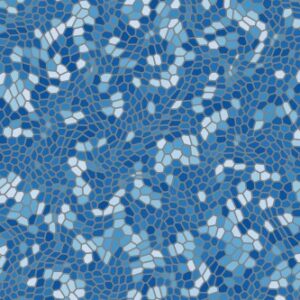Physics inspired by Biology
Our group strives to understand the physics of biological and soft matter systems, which often operate far from thermal equilibrium. We solve fundamental questions in physics inspired by our extensive collaborations with experimental groups in biology and soft condensed matter physics. Our current research interests are:

Non-Hermitian biophysics of feedback-driven systems
Biological materials, such as cells and tissues, can change their states depending on their environments. They achieve this goal by using various feedback processes. In this project, we study the non-Hermitian physics of such feedback-driven systems and their collective behaviors. Specifically, we develop minimal models that capture the essence of the complex biological process. Such minimal models allow us to study the physics of these systems using analytical and computational methods developed to study open quantum systems and other non-Hermitian systems.

Pattern formation in active materials
We are interested in understanding how patterns form in active systems. The dynamic patterns observed in the actin cytoskeleton of the cell motivate our pursuit in this area. We use theoretical and computational models and collaborate with experimental groups to study such patterns in physical and biological systems.
Many of these patterns arise due to topological defects. Hence, we investigate how topological defects behave in active systems and the consequences of their behavior. Currently, we are trying to understand the mechanism of topological defect-driven pattern formation in active and biological materials.

Molecular transport in biological systems
Cells are complex crowded enviroment where transport of a molecule is dependent on the local distribution of other molecules, local curvature of the membrane, and time-dependent interactions, which make the problem physically interesting and challenging. Specifically, we investigate the physics underlying transport of small molecules on the cell membrane and in the cell cytosol.

AI-driven diagnostics
We strive to apply our research to solve real world challenges. To that end, we are currently developing AI-based tools for cheap and rapid diagnosis of autoimmune diseases.
